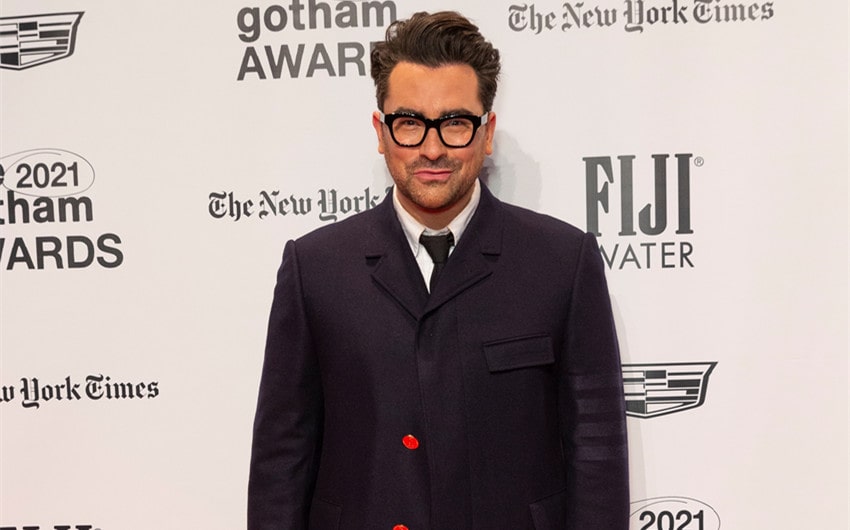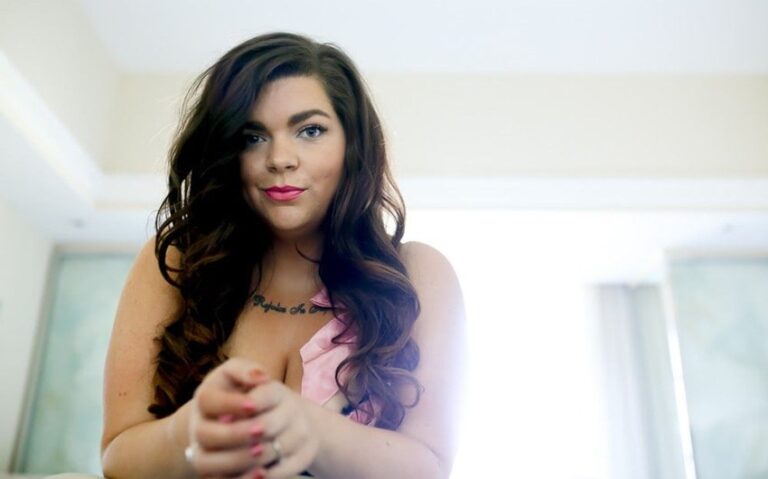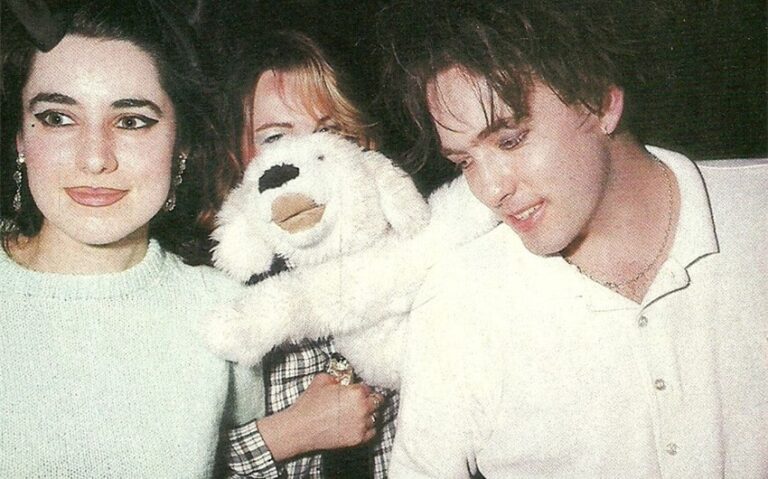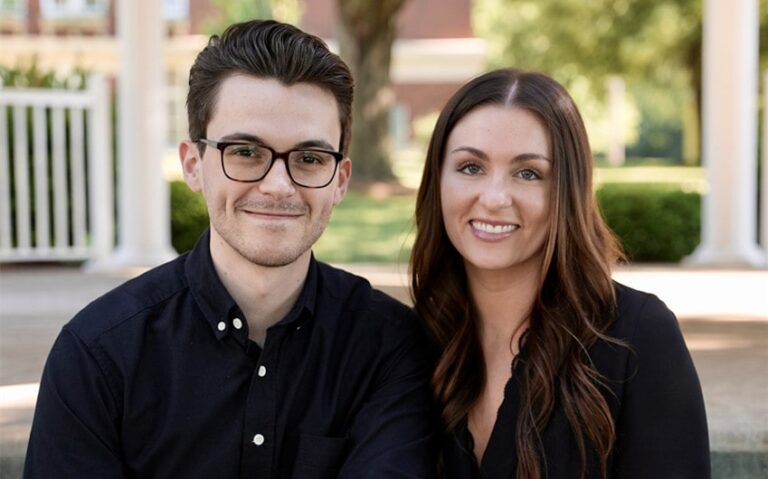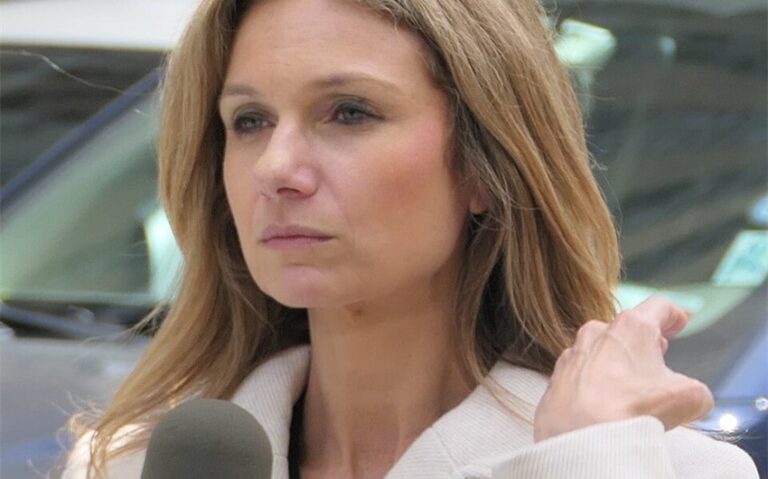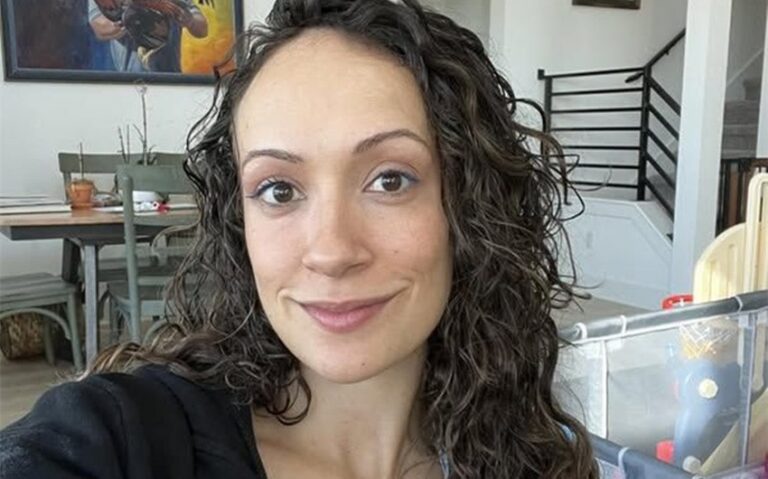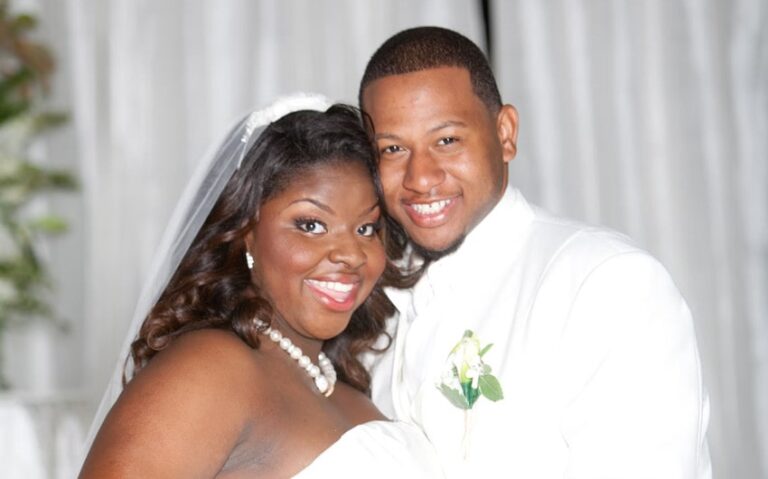Dan Levy’s Relationships and His Views on Love, Privacy, and Representation
When people talk about Dan Levy, the conversation often turns to his groundbreaking work on Schitt’s Creek, but many also find themselves curious about Dan Levy’s relationships. As a public figure who has brought inclusive stories to television, Levy has become an icon in the LGBTQ+ community. However, unlike many celebrities, he prefers to keep his personal love life private. Even so, through his interviews and his work, Levy has shared his thoughts on relationships, love, and representation, giving fans a sense of his values even if not all the details of his dating life are public.
Who Is Dan Levy?
Before diving into Dan Levy’s relationships and personal views, it is helpful to understand who he is and why he is so admired. Born in Toronto, Canada, in 1983, Daniel Levy is the son of actor Eugene Levy and screenwriter Deborah Divine. While his father was already well known in Hollywood, Dan built a career in his own right.
He first gained attention as a television host on MTV Canada before moving into acting, writing, and producing. His career reached new heights when he co-created the beloved sitcom Schitt’s Creek alongside his father. The show ran from 2015 to 2020 and became an international hit, praised for its writing, humor, and heartfelt portrayal of love and acceptance.
One of the most significant contributions Dan made through Schitt’s Creek was the creation of David Rose, a character who identifies as pansexual. David’s romance with Patrick Brewer became one of the most cherished love stories on television, celebrated for its warmth, humor, and lack of typical on-screen LGBTQ+ trauma. This storyline cemented Dan’s role as not just a talented creator but also a cultural voice for inclusivity and representation.
Dan Levy’s Approach to Privacy in Relationships
When it comes to Dan Levy’s relationships, one of the clearest themes is his strong commitment to privacy. Unlike many celebrities who openly share their dating lives on social media or in interviews, Levy has consistently chosen to keep his personal life away from the spotlight.
In interviews, he has explained that he values boundaries and wants to protect parts of his life from public consumption. This approach reflects not only a desire for privacy but also a recognition that fame does not have to erase personal boundaries. Fans and journalists alike have often speculated about his dating life, but Dan himself rarely confirms or denies anything, preferring instead to let his work and public advocacy speak for him.
This doesn’t mean that Levy avoids talking about love entirely. While he doesn’t share the names or details of partners, he has openly discussed his ideas about relationships and the qualities he values in love. His perspective offers insights that feel authentic without crossing the line into unwanted exposure.
What Dan Levy Has Said About Love
Dan Levy’s relationships may not be front-page news, but Levy has given thoughtful commentary about love in general. He has spoken about the importance of authenticity, honesty, and emotional support in partnerships. For Levy, love is not just about romance—it is about connection, friendship, and mutual respect.
In interviews following the success of Schitt’s Creek, Levy explained that David and Patrick’s relationship was designed to model what healthy, supportive love looks like, especially within the LGBTQ+ community. He wanted audiences to see a same-sex couple thrive in a way that felt relatable, tender, and aspirational. His commitment to this kind of storytelling reveals much about his own beliefs regarding relationships.
Levy has also noted that his work is influenced by his personal experiences as a gay man. Growing up, he did not see many positive examples of queer love stories on television. By creating them himself, he not only filled a cultural gap but also expressed what he hoped for in relationships: trust, respect, and unconditional acceptance.
Representation Through Schitt’s Creek
The most public expression of Dan Levy’s values around relationships is undoubtedly seen through his work on Schitt’s Creek. David Rose’s romance with Patrick Brewer, played by Noah Reid, is one of the most celebrated same-sex relationships ever portrayed on television. Their relationship arc—complete with humor, vulnerability, and a joyful wedding finale—was praised worldwide for its authenticity and positivity.
Levy has spoken about how intentional this storyline was. He wanted to create a world where homophobia did not define the characters’ experiences, and where queer love could be portrayed as universal love. This choice not only gave audiences a heartwarming narrative but also provided representation that had long been missing from mainstream television.
For many fans, David and Patrick’s relationship became a reflection of Levy’s own understanding of love, even though it was fictional. People often connect the on-screen romance to his personal views, seeing in it the values he has expressed in interviews: kindness, vulnerability, and joy. This is why discussions about Dan Levy’s relationships often extend to his creative work, which continues to inspire conversations about inclusivity and acceptance.
Public Interest and Rumors
Given his fame, it is no surprise that Dan Levy’s relationships are a frequent topic of speculation. Fans want to know whether he is dating, married, or single, but Levy rarely shares those details. This has led to numerous rumors in magazines and online forums.
What sets Levy apart, however, is how gracefully he navigates this curiosity. He doesn’t feed into gossip or try to create headlines with his personal life. Instead, he has consistently steered attention back to his work, his advocacy for LGBTQ+ representation, and his projects in entertainment. By doing this, he reinforces his belief that while the public may admire his career, his personal relationships are his own to share—or not share.
This balance of privacy and openness has earned Levy respect from fans and peers. Many admire his ability to be both an outspoken advocate for inclusivity and a private individual who defines his own boundaries.
